アメリカ「広島訪問」の意味

 お気に入りに追加
お気に入りに追加今日は 歴史的快挙の日 ついにこの日が来た。戦後 71年で ようやくアメリカが 日本に歩みよった。外交努力といっても かつての日本政府は 廣島訪問を強くすすめてきたのか。
強調外交してきた アメリカ首脳 国務長官 の面々。 今までは 柔和どころか 強硬外交だったように思える。ベイカー オルブライト パウエル ライス クリントン ケリー ・・・時代が変わってきた。 2大 大国 ロシアへのけん制 東アジア 中東情勢 90年代 一時期 兵器を縮小できた。が、他国の 軍事費 増強は懸念材料。また テロリズムに対抗するためにも 最低限の抑止力を持つことが 国際的にも認知されている・・・
さて、オバマ大統領は 苦労しながらも道を開き 弁護士になり 州議会議員 合衆国上院議員(民主党)を経て、多人種国家のアメリカで 建国以来史上初 アフリカ系人種からの大統領となった。なるべくしてなった 大統領。彼は 人種差別の事をよく知っています。
私も そういえば 経験したかな。ウィーンにいたことがある。ザルツブルクでアコーディオンを演奏していた。そうすると 親しく 声をかけてきた人がいた。見るからにアジア系で イスラム教でなく仏教徒に見えた。白い制服を着ていた。ホテルでベッドメイクをしている。ベトナムから出稼ぎで来ている。英語でやりとりした。人懐っこいが 彼は、たかりでもなんでもない。
ホワイトカラーの仕事には就けないんだろうか・・・彼の弟が新宿にいるんだと。その後、彼から手書きの封書が送られてきたのを覚えている・・・
ここで問われるのは 未来の事 それとも 過去の事。
廣島の事を考えると 日本は世界で唯一の被爆国として できる事を実践していく事が大切。たった一発で 26万人もの命が奪われた。史上最強の残虐なる兵器だった。
平和が築かれている事を重く受け止め 誇りと自覚を持ち 世界にアピールしていく。
終戦 ポツダム宣言受諾 の頃を思い出しておきたい。
昭和17年のミッドウェー海戦以降 日本の状況が暗転した。テニアン基地から 米軍のB29 戦闘機が本土に空襲 給油なしで帰還できる(航続距離 8000kmとも言われている)事から 空襲が増え 3月に東京 大阪 名古屋空襲が。日本は海に囲まれている。陸軍は誇りを持っていたが 戦線は海軍がほとんどであった。日本の軍会議は 海軍が主で 陸軍が口出しできる状態ではなかった。4月 沖縄の地上戦に対して 停戦できなかった。悲惨な沖縄戦 沖縄の人口の4分の1が犠牲となった。連合国軍はあくまで無条件降伏にこだわった。5月にドイツが降伏してから 戦線はさらに酷い状態に。6月には 東京 大阪 名古屋等 空襲があり 本土決戦の様相をみせていた。同盟国はすでに降伏し 日本だけが連合国軍側と闘っていた。7月下旬には ポツダム宣言受諾をつきつけられる。この時に 無条件降伏を受けいれる事ができなかった。陸軍が反対されたとされる。(映画 「日本の一番長い日」)
つまるところ 無条件降伏を要求する連合国軍 ソ連 中国 ドイツ アメリカ の会議で 共同統治案が出ていた。中国は 4国協議の時に 四国統治を提案してきた。そして、最もアメリカが恐れていたのは ソ連が参戦することだ。満州を占領し 北海道へ侵攻する勢いが強い。
アメリカは、一日でも早く 降伏を受け入れさせるために原爆を使ったという。戦線が長引けば 他の都市も投下されていたかもしれない。8月12日前後には ポツダム宣言を受諾していたが 終戦宣言は8月15日となる。終戦後も ソ連は千島列島等 侵攻を続けたのだ。日本が、分割統治にならずに済んだのは奇蹟的である。ウィリアム・ヴォーリズの影の力があったとされている・・・(これは 日本の分割統治案)
周知のとおり 世界には 分割統治により 悲劇を生んだ国がある。分断線により 往来きができなくなり また 軍事境界線が存在するため 銃撃等 トラブルがおきていた。朝鮮半島(北朝鮮 韓国) ベトナム(1976年統一) ドイツ(1990年統一) オーストリア(1955年独立)。ベルリンにおいては 東ベルリンと西ベルリン(ベルリンは 東ドイツ領だが そのベルリンの西の一部分のみ 西ドイツ領があって 鉄壁で覆われていた)オーストリアは ドイツから分離した オーストリア領を4分割されたが、10年後の1955年 永世中立国宣言を行い、またドイツとの合邦を永久に禁じられることを条件に、独立を回復する。
オバマ大統領のスピーチ 歴史的記念となります。
廣島でのスピーチは以下のとおり 原文
Seventy-one years ago, on a bright cloudless morning, death fell from the sky and the world was changed. A flash of light and a wall of fire destroyed a city and demonstrated that mankind possessed the means to destroy itself.
Why do we come to this place, to Hiroshima? We come to ponder a terrible force unleashed in the not so distant past. We come to mourn the dead, including over 100,000 Japanese men, women and children, thousands of Koreans and a dozen Americans held prisoner.
Their souls speak to us. They ask us to look inward, to take stock of who we are and what we might become.
It is not the fact of war that sets Hiroshima apart. Artifacts tell us that violent conflict appeared with the very first man. Our early ancestors, having learned to make blades from flint and spears from wood, used these tools not just for hunting but against their own kind.
On every continent the history of civilization is filled with war, whether driven by scarcity of grain or hunger for gold, compelled by nationalist fervor or religious zeal. Empires have risen and fallen, peoples have been subjugated and liberated, and at each juncture innocents have suffered — a countless toll, their names forgotten by time.
The World War that reached its brutal end in Hiroshima and Nagasaki was fought among the wealthiest and most powerful of nations. Their civilizations had given the world great cities and magnificent art. Their thinkers had advanced ideas of justice and harmony and truth, and yet the war grew out of the same base instinct for domination or conquest that had caused conflicts among the simplest tribes, an old pattern amplified by new capabilities and without new constraints.
In the span of a few years some 60 million people would die: men, women, children — no different than us, shot, beaten, marched, bombed, jailed, starved, gassed to death.
There are many sites around the world that chronicle this war — memorials that tell stories of courage and heroism, graves and empty camps that echo of unspeakable depravity.
Yet in the image of a mushroom cloud that rose into these skies, we are most starkly reminded of humanity’s core contradiction — how the very spark that marks us as a species, our thoughts, our imagination, our language, our tool making, our ability to set ourselves apart from nature and bend it to our will — those very things also give us the capacity for unmatched destruction.
How often does material advancement or social innovation blind us to this truth? How easily do we learn to justify violence in the name of some higher cause?
Every great religion promises a pathway to love and peace and righteousness. And yet no religion has been spared from believers who have claimed their faith has a license to kill.
Nations arise telling a story that binds people together in sacrifice and cooperation, allowing for remarkable feats, but those same stories have so often been used to oppress and dehumanize those who are different. Science allows us to communicate across the seas, fly above the clouds, to cure disease and understand the cosmos. But those same discoveries can be turned into ever more efficient killing machines.
The wars of the modern age teach us this truth. Hiroshima teaches this truth. Technological progress without an equivalent progress in human institutions can doom us. The scientific revolution that led to the splitting of an atom requires a moral revolution as well.
That is why we come to this place. We stand here in the middle of this city and force ourselves to imagine the moment the bomb fell. We force ourselves to feel the dread of children confused by what they see.
We listen to a silent cry. We remember all the innocents killed across the arc of that terrible war, and the wars that came before, and the wars that would follow.
Mere words cannot give voice to such suffering. But we have a shared responsibility to look directly into the eye of history and ask what we must do differently to curb such suffering again.
Some day the voices of the Hibakusha will no longer be with us to bear witness. But the memory of the morning of August 6, 1945 must never fade. That memory allows us to fight complacency. It fuels our moral imagination, it allows us to change.
And since that fateful day we have made choices that give us hope. The United States and Japan forged not only an alliance, but a friendship that has won far more for our people that we can ever claim through war.
The nations of Europe built a union that replaced battlefields with bonds of commerce and democracy. Oppressed peoples and nations won liberation. An international community established institutions and treaties that worked to avoid war and aspired to restrict and roll back and ultimately eliminate the existence of nuclear weapons.
Still, every act of aggression between nations, every act of terror and corruption and cruelty and oppression that we see around the world shows our work is never done. We may not be able to eliminate man’s capacity to do evil, so nations and the alliances that we formed must possess the means to defend ourselves.
Among those nations like my own that hold nuclear stockpiles, we must have the courage to escape the logic of fear and pursue a world without them. We may not realize this goal in my lifetime, but persistent effort can roll back the possibility of catastrophe.
We can chart a course that leads to the destruction of these stockpiles, we can stop the spread to new nations, and secure deadly materials from fanatics. And yet that is not enough, for we see around the world today how even the crudest rifles and barrel bombs can serve up violence on a terrible scale.
We must change our mindset about war itself — to prevent conflicts through diplomacy and strive to end conflicts after they’ve begun; to see our growing interdependence as a cause for peaceful cooperation and not violent competition; to define our nations not by our capacity to destroy but by what we build. And perhaps above all we must reimagine our connection to one another as members of one human race — for this too is what makes our species unique.
We’re not bound by genetic code to repeat the mistakes of the past. We can learn. We can choose. We can tell our children a different story, one that describes a common humanity, one that makes war less likely and cruelty less easily accepted.
We see these stories in the Hibakusha: the woman who forgave a pilot who flew the plane that dropped the atomic bomb because she recognized what she really hated was war itself; the man who sought out families of Americans killed here because he believed their loss was equal to his own.
My own nation’s story began with simple words: “All men are created equal, and endowed by our Creator with certain unalienable rights, including life, liberty and the pursuit of happiness.”
Realizing that ideal has never been easy, even within our own borders, even among our own citizens. But staying true to that story is worth the effort. It is an ideal to be strived for, an ideal that extends across continents and across oceans.
The irreducible worth of every person, the insistence that every life is precious, the radical and necessary notion that we are part of a single human family: that is the story that we all must tell.
That is why we come to Hiroshima, so that we might think of people we love, the first smile from our children in the morning, the gentle touch from a spouse over the kitchen table, the comforting embrace of a parent.
We can think of those things and know that those same precious moments took place here 71 years ago. Those who died, they are like us.
Ordinary people understand this, I think. They do not want more war. They would rather that the wonders of science be focused on improving life and not eliminating it.
When the choices made by nations, when the choices made by leaders reflect this simple wisdom, then the lesson of Hiroshima is done.
The world was forever changed here, but today the children of this city will go through their day in peace. What a precious thing that is. It is worth protecting and then extending to every child.
That is a future we can choose, a future in which Hiroshima and Nagasaki are known not as the dawn of atomic warfare, but as the start of our own moral awakening.
「それほど遠くない過去に起きたことを深く考えるためにここにやって来ました。また死者を悼み、10万人も超える日本の国民の方たち、何千人もの韓国、朝鮮人の方たちがここで命を落としました。その魂が私たちに語りかけています。 もっと内側を見て、私たちが一体何者かを振り返るように、そして今、どのようになろうとしているかを語りかけています。
戦争は広島だけが特別なのではなく、暴力的な紛争が古くから行われている。石ややりなどが使われました。これは単に狩りのためにではなく、自分たち人類を殺すためにこのような武器が使われてきました。どの大意においても、どの歴史においても、あらゆる文明は、金を求め、民族主義から、あるいは宗教的な理由から戦争が起こってきました。
帝国が台頭し、また衰退しました。そして人々が奴隷になり、解放されてきました。それぞれの歴史の転換点において罪のない人々が苦しみました。多くの人たちが犠牲になりました。その犠牲となった人たちの名前は時がたつと忘れられました。世界大戦は広島、長崎で大変残虐的に終わりました。
文明はすばらしいものを創出してきました。しかし同じところから戦争は出てきました。征服をしたい、という思い。非常に単純な部族からも出てきました。つまり古いパターンが新しい能力によってさらに増幅されてきました。そしてそこには制約が働きませんでした。
ほんの数年の間に6千万人の人が亡くなりました。男性、女性、子供たち。私たちとまったく変わるところがない人たちです。撃たれ、殴られ、あるいは行進させられ、飢えさせられ、また拘束され、またガス室に送られて亡くなっていきました。世界中にはこの戦争を記したところたくさんあります。慰霊碑がいろいろな英雄的な行いなども示している。空っぽな収容所だとか、そういったことを物語っています」
「私たちは人類の矛盾というものを非常に強く突きつけられます。私たちの考え、想像し言語、道具をつくり、そして私たちが自然とは違うということを示す能力、そういったことそのものが大きな破壊の力を生み出したのでもあります。
私たちの偉大な宗教は愛や慈しみを説いていますが、それが決して殺す理由になってはいけないのです。国が台頭し、いろいろな犠牲が生まれ、そういったことが人類を抑圧する理由に使われてきました。
科学によって私たちはいろいろなコミュニケーションをし、空を飛び、病気を治し、科学によって宇宙を理解しようとしていますが、このような科学が非常に効率的な殺人の道具となってしまうことがあります。
しかし現代の社会は私たちに真理を教えています。広島はこの真理を伝えています。だからこそ今ここに立っているのです。
私たちはこの広島の真ん中に立ち、私たちは思いをはせます。この原爆が落とされたときに思いをはせています。子供たちの苦しみを思い起こします。子供たちが目にしたこと、声なき叫び声に耳を傾けます。私たちは罪のない人々が殺された、このむごい戦争によって殺されたことを記憶します。これまでの戦争、これからの戦争の犠牲者に思いをはせます。そして歴史を真っ向から見据えなくてはなりません」
「われわれは一体何を違った風にやらなければならないのか。そしてそのような苦しみを再発させないようにするにはどうしたら良いのかということを自問しなければなりません。いつの日か被爆者の声はなくなっていきます。1945年8月6日の苦しみは決して消えるものではありません。記憶によって慢心というものと闘わなければなりません。
それは私たちの道徳的な想像力をかきたてるものとなります。そして私たちに変化を促すものとなります。そして運命の日以来、私たちは希望を与える選択を行ってきました。アメリカ合衆国、そして日本は同盟を結んだだけではなく、友情を育んできました。それは本当に戦争がもたらしたものであります。
欧州では連合をつくりました。商業、民主主義によって結ばれています。国そして国民が開放というものを求めています。そしてさまざまな戦争を避けるための制度、条約が出てきました。そして制約をかけ、後退させ、ひいては核兵器を廃絶させことへ導くものです。
それにも関わらず国家間の攻撃的な行動、テロ、腐敗、残虐性、抑圧、そうした世界中で目にするものは私たちが行うことに終わりがないことを示しています。人類が悪を行うことを廃絶することはできないかもしれません。そして同盟というものは私たち自分自身を守るための道具を持たなければならない。核兵器を持っているわが国のように私たちは勇気を持たなければならない。そしてこういった恐れのロジックから私たちは自由になっていかなければなりません。
私が生きている間にこの目的は達成できないかもしれません。しかし可能性は追い求めていきたいと思います。このような破壊をもたらすような核兵器の保有を減らし、この死の道具が狂信的な人たちに渡らないようにしなくてはなりません。
しかしそれだけは十分でありません。世界には原始的なライフルであっても、原始的な道具であっても、破壊をもたらすことがあります。私たちの心を変えなければなりません。戦争に対する考え方を変える必要があります。紛争を外交手段によって解決するということが必要です。紛争を終わらせる努力をしなければなりません。平和的な協力をしていくことが重要で、暴力的な競争をすべきではありません。私たちは築き上げていかなければなりません。破壊をしてはならないのです」
「同じ人類の一員としてつながりを再び確認する必要があります。このつながりこそが人類を独自のものにしているのです。私たち人類は過去に過ちを犯してきましたが、しかし過去から学ぶことができます。子供たちに対し別の道があるのだということを語ることができます。共通の人類、戦争が起こらない世界、残虐性をたやすく受け入れない世界をつくっていくことができます。
こういった話は被爆者の方たちが語ってくださっています。米国の犠牲も、日本の犠牲も同じ意味を持っています。米国の物語は簡単な言葉で始まります。すべての人類は平等である。そして持って生まれた権利がある。そして幸福を希求する権利です。
しかし、それを現実のものにするのは米国内であっても、米国人であっても決して簡単なことではありません。しかし、あくまでも真実であるということが非常に重要です。そして努力をしなければならない理想であり、そして全大陸、すべての国に必要なものであります。そしてすべての人命が貴重であるということです。
私たちは一つの家族の一部であるという考え方があります。それが私たちが伝えていかなければならない物語です。だからこそ私は広島に来たのです。そして私たちが愛している人たちのことを考え、朝起きてすぐの子供たちの笑顔、また配偶者の食卓をはさんだ優しいふれあい、親からの優しい抱擁、そういったことを考え、そういった素晴らしい瞬間というものが71年前にもここにあったんだということを考えることができます。亡くなった方々は私たちとまったく変わらない人たちでした。一般の方はそういったことを理解できると思います。
もはやこれ以上、戦争を望んではいません。科学をもっと人類を発達させることに使ってほしいと思います。国家のリーダーが選択をして反省するとき、この単純な知恵というものが広島から得られるでしょう。
世界はこの広島によって一変しました。しかし、今日、この広島の子供たちは平和な日々を生きています。なんと貴重なことでしょうか。この生活は守る価値があります。それを、すべての子供たちに広げていく必要があります。この未来こそが私たちが選択する未来です。広島と長崎は未来において、核戦争の地ではなく私たちの道義的な目覚めの地として知られるでしょう」
プロフィール
- ☆PCPAL代表取締役 日本アコーディオン協会理事 FMはしもとパーソナリティー ピアノテクニシャン なにわシャンソンコンクール審査員 市ボランティアサークル連絡協議会副会長 TOPページへnishikunnのページ
最近の記事
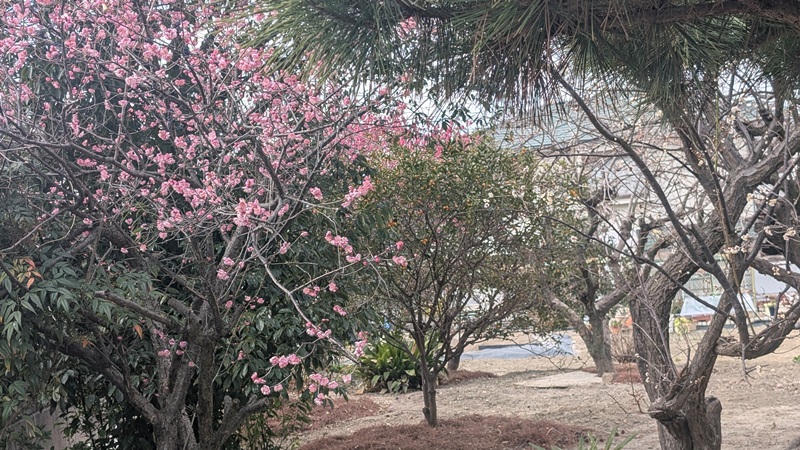 メディア26/02/112026.2.12(木)13:00「おきがるタイム」FM816 vol.308
メディア26/02/112026.2.12(木)13:00「おきがるタイム」FM816 vol.308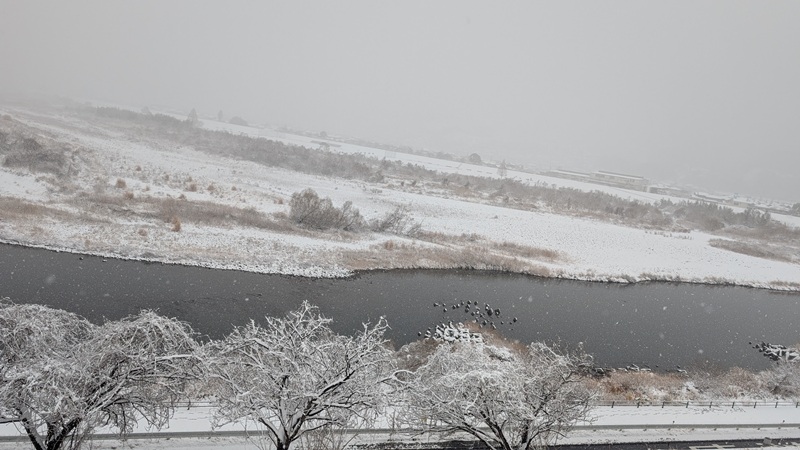 メディア26/02/112026.2.8 雪 8㎝
メディア26/02/112026.2.8 雪 8㎝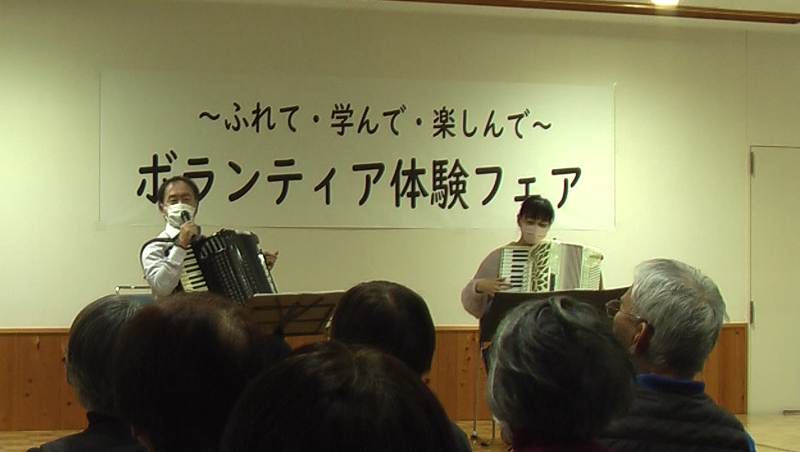 メディア26/02/05デイサービス演奏2026.3.9
メディア26/02/05デイサービス演奏2026.3.9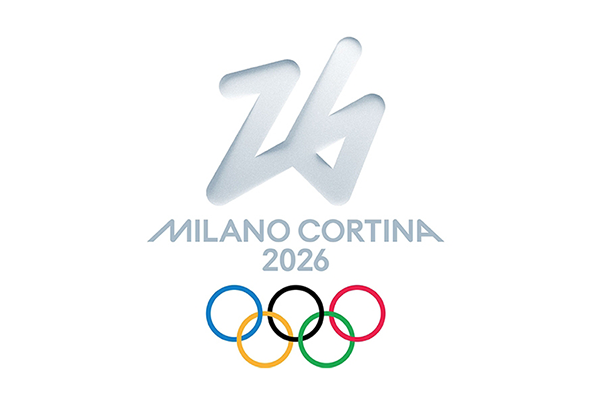 メディア26/01/31ミラノ・コルティナ2026冬季オリンピック 2026.2.6-22
メディア26/01/31ミラノ・コルティナ2026冬季オリンピック 2026.2.6-22
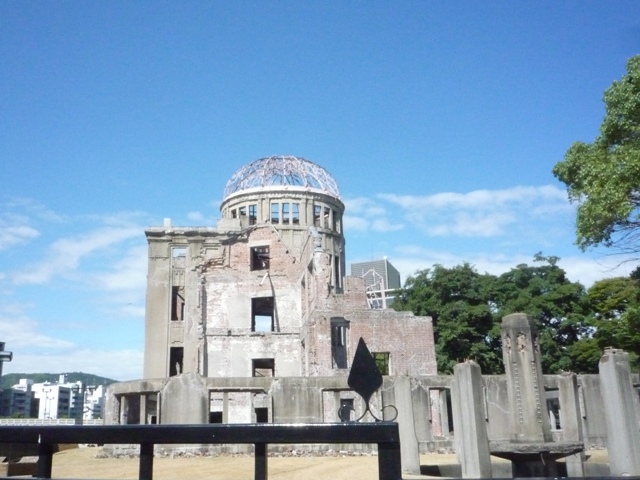
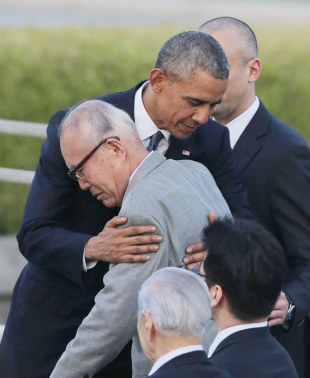
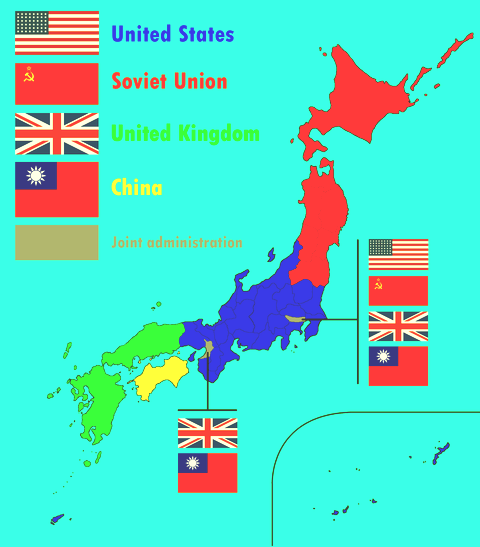
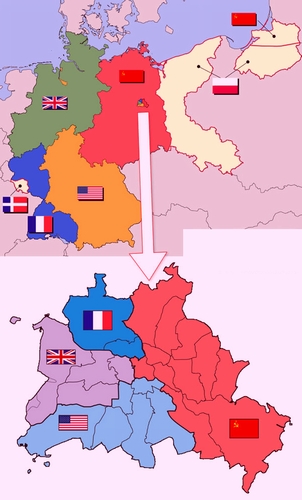
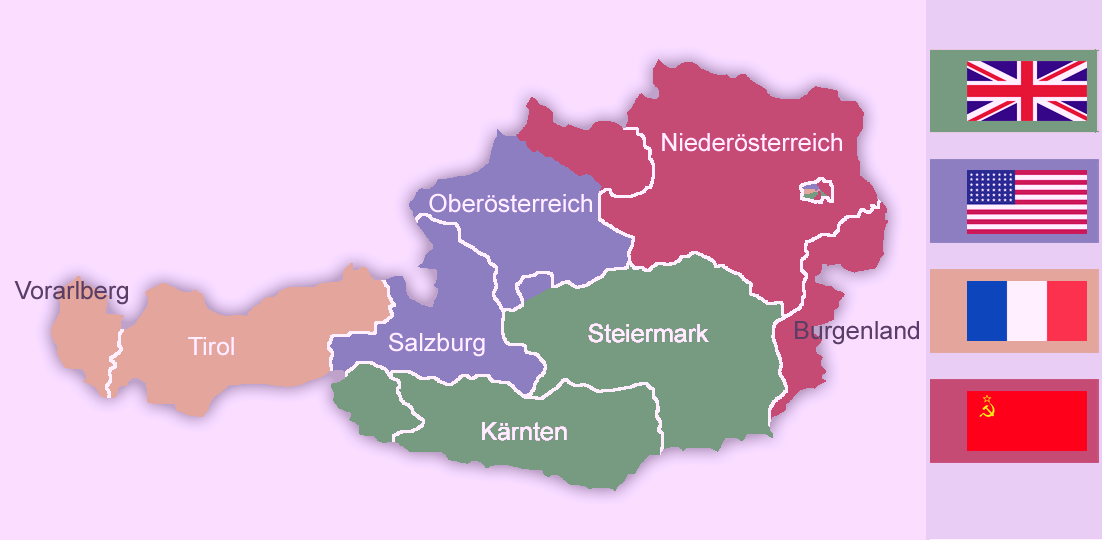
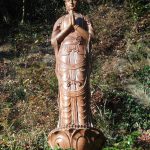
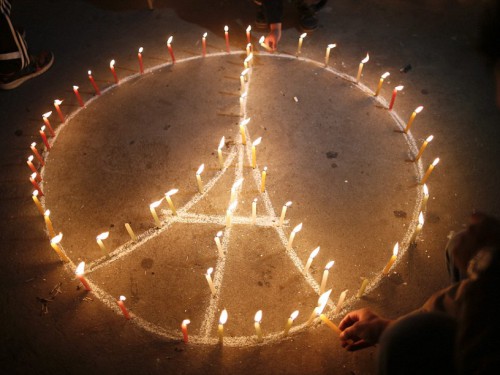
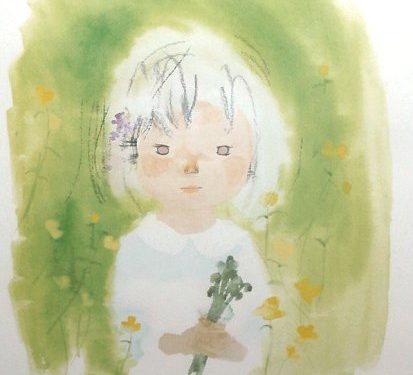
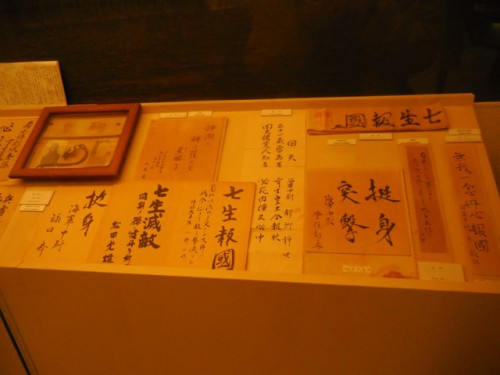
1 Comment
アメリカ「広島訪問」の意味 https://t.co/QnZHN196Jd https://t.co/Qmqi4qgYss